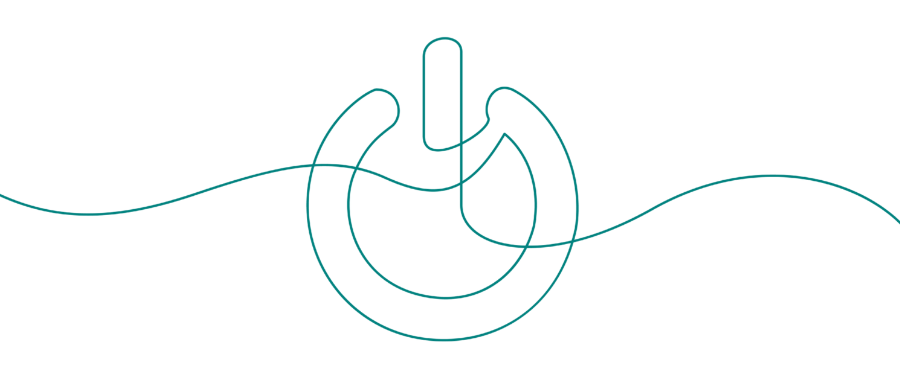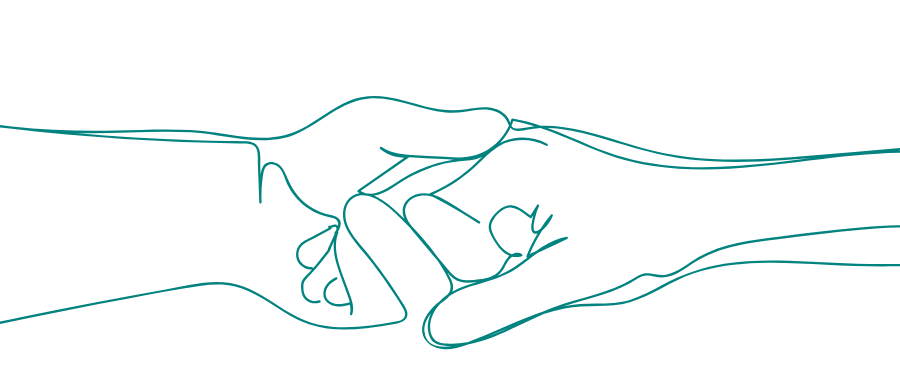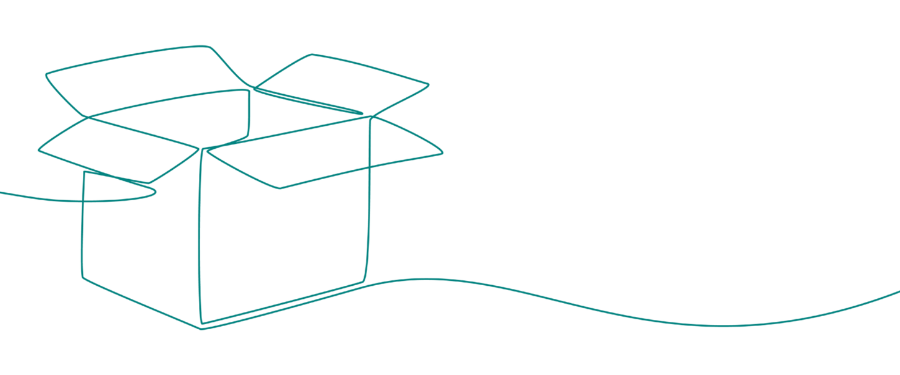
Understanding treatment options, goals, and what to expect is vital to achieving the best possible outcome for you.
- What can be done to remove or control my cancer?
- How can I prevent recurrence?
- What are the risks and benefits of my treatment options?
- Can my cancer be cured?
- What are the side effects of my treatment?
- If cure is not possible, what are my best options for managing the disease?
Related Link
- Intravesical therapy: involves filling the bladder with a liquid medication that helps destroy cancer cells. The two main types are Bacillus Calmette-Guerin (BCG) and chemotherapy.
- Systemic therapy: typically an intravenous (IV) treatment. Types of this therapy include:
- Chemotherapy
- Immunotherapy
- Radiation therapy: a medical treatment that uses high doses of radiation to destroy or damage cancer cells.
- Targeted therapy: Blocks specific mutations by preventing cancer cells from growing and dividing, without affecting normal cells.
- Surgery: tumor removal done through a procedure called transurethral resection of bladder tumor (TURBT) or bladder removal, called a cystectomy.
- Clinical trials: Studies that test how new medical approaches work in people, including screening, prevention, diagnosis, or treatment methods.
Related Links
Bladder Cancer Treatment Decisions: What’s Right for You?
Tools to help you feel activated and connect with resources to overcome barriers to accessing care.
Topics:
Accessing Bladder Cancer Care
Navigating Bladder Cancer Treatment
Provides bladder cancer patients with key information to help them understand their role, empowering them to engage in their care and treatment decisions
Topics:
- Understanding Bladder Cancer and Your Role in Your Care
Provides actionable advice and downloadable materials to help you communicate clearly and effectively with your healthcare team.
Topics:
-
Bladder Cancer Basics
-
Bladder Cancer Treatment Approaches
-
Planning for Your Bladder Cancer Doctor’s Visit
Bridges the expert and patient voice, enabling patients to feel comfortable asking precise questions of their healthcare team
Topics:
- Advice for Newly Diagnosed Bladder Cancer Patients




